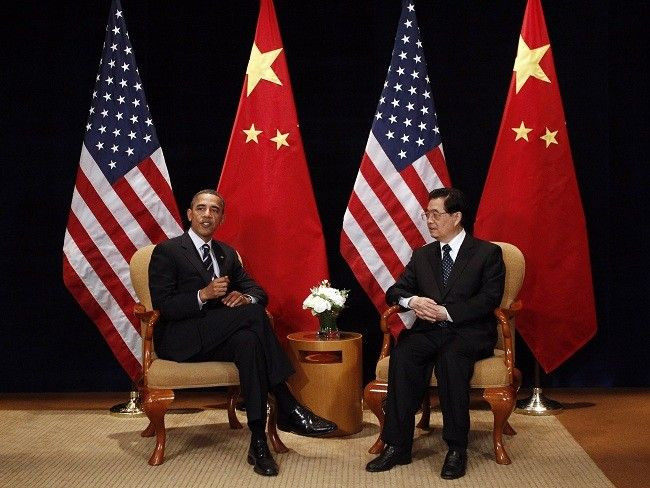U.S., China may ramp up military spending to the detriment of prosperity: Soros

The U.S. and China are not getting along economically. If they can't work with each other and continue their economic bickering, both will increase military spending to the detriment of their respective economies, said billionaire investor George Soros in a Project Syndicate commentary.
Recently, the United States has stepped up pressure on China to more quickly appreciate the yuan while China is crying foul over the Federal Reserve's $600-billion program of quantitative easing.
In the midst of that enmity, the two sides are talking past each other and pursuing policies that do not help the other and are suboptimal for their own economies, said Soros. Meanwhile, fundamental economic imbalances persist or have even widened.
Soros said these economic conflicts are already spreading to the geopolitical sphere as China asserts itself in the Asia-Pacific region and the U.S. becomes embroiled in these conflicts.
If this trend continues, both countries will likely ramp up military spending.
For China, its military power has not kept pace with economic growth and will not be a match for the U.S. for some time to come, said Soros. The Chinese government, therefore, is bound to devote an increasing proportion of its resources to the military at the expense of the general population.
Meanwhile, as China becomes increasingly assertive and powerful, its worried neighbors will seek U.S. protection, which will in turn add to the already-bloated budget of the U.S. military.
Under this scenario, Soros said China's current prosperity will likely prove transient. For the U.S., it will struggle to rein in its budget deficit.
Email Hao Li at hao.li@ibtimes.com
© Copyright IBTimes 2025. All rights reserved.





















